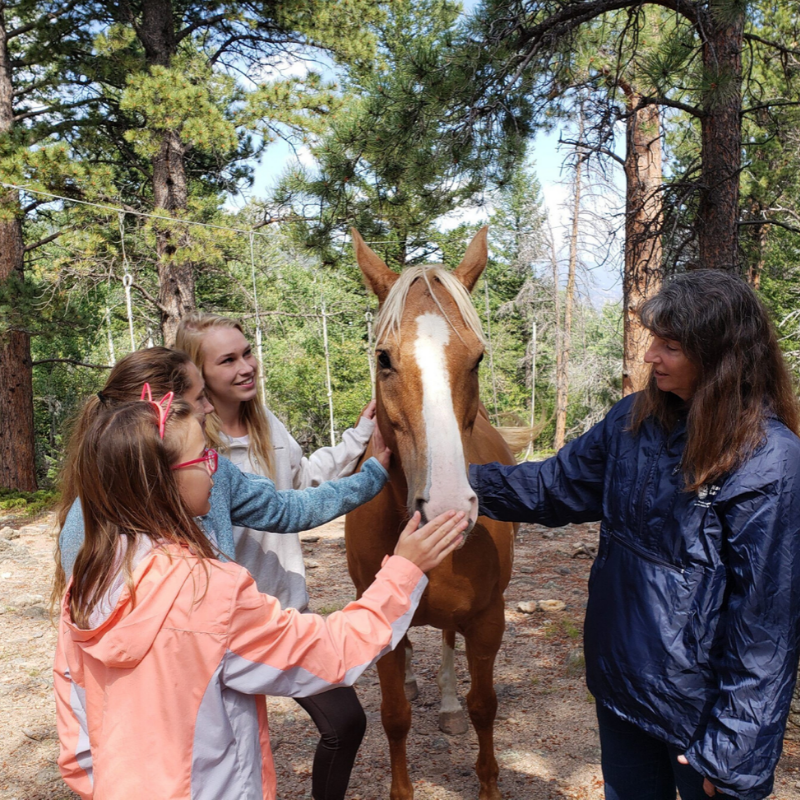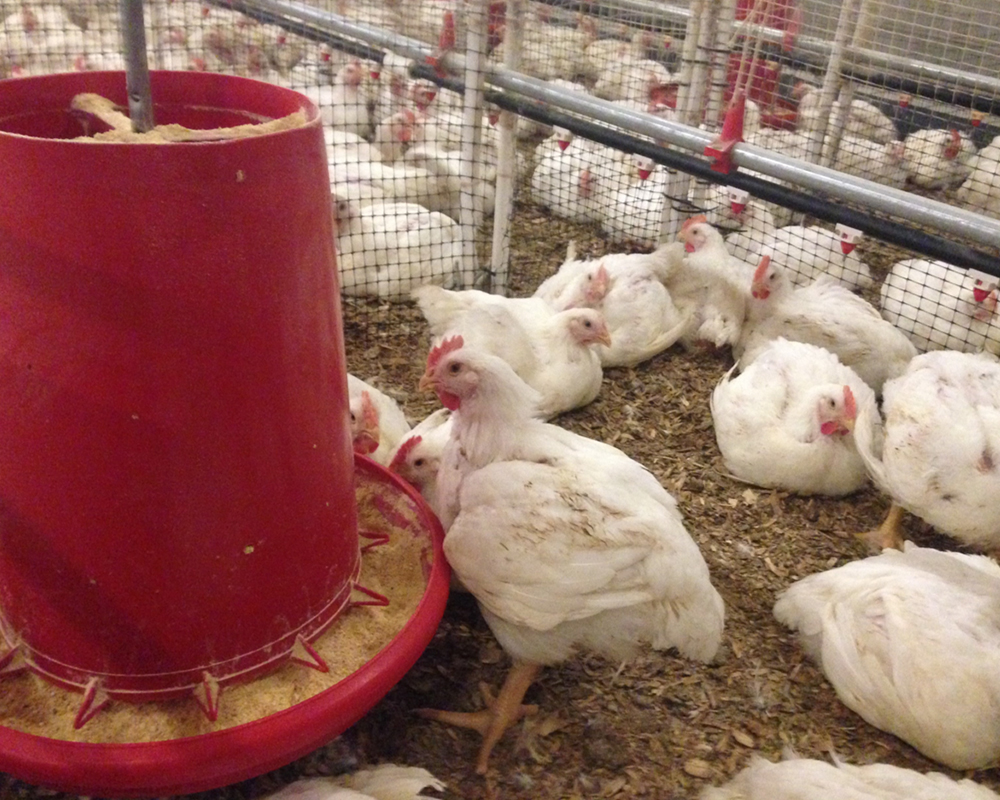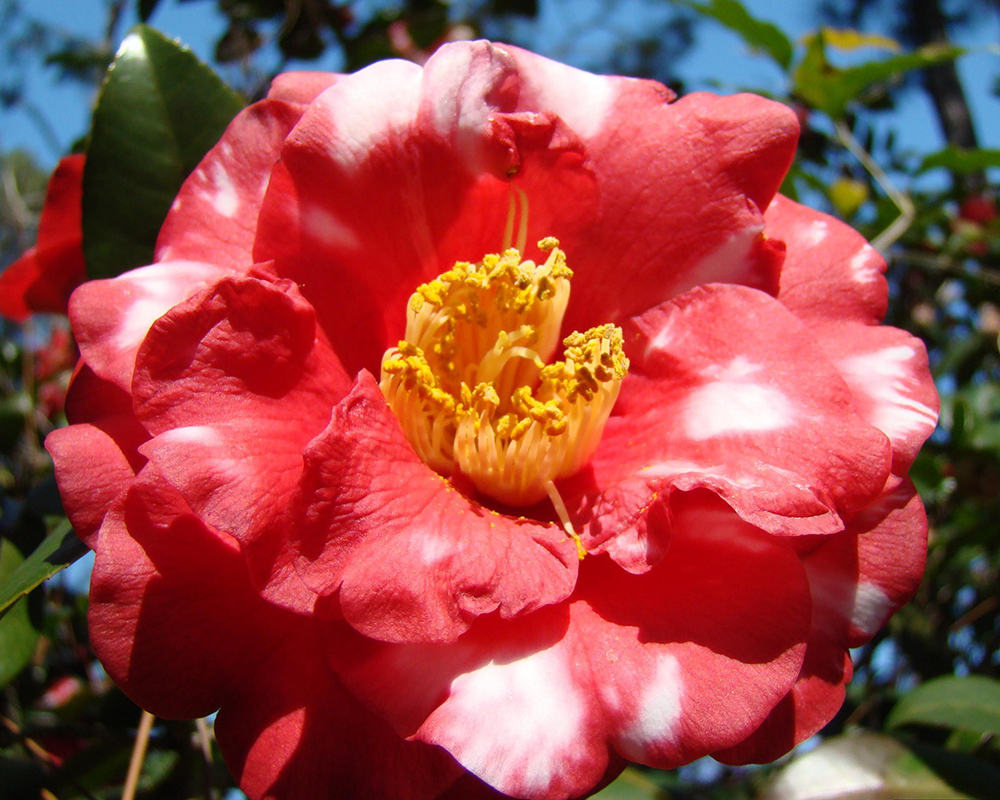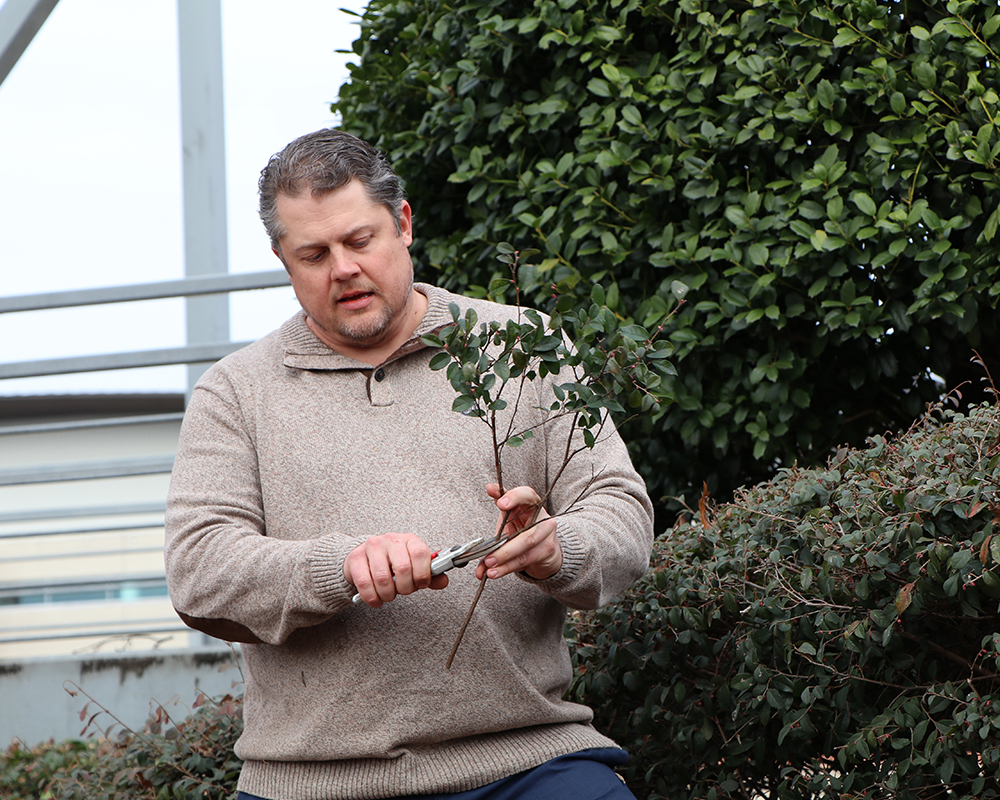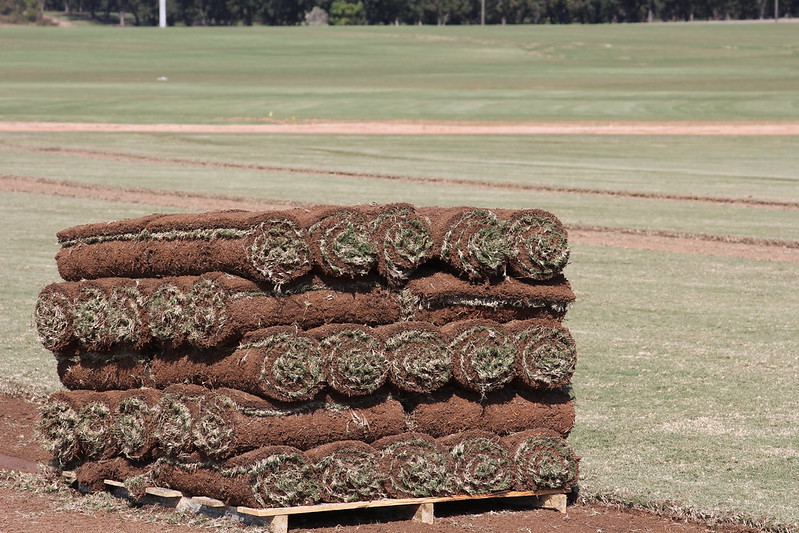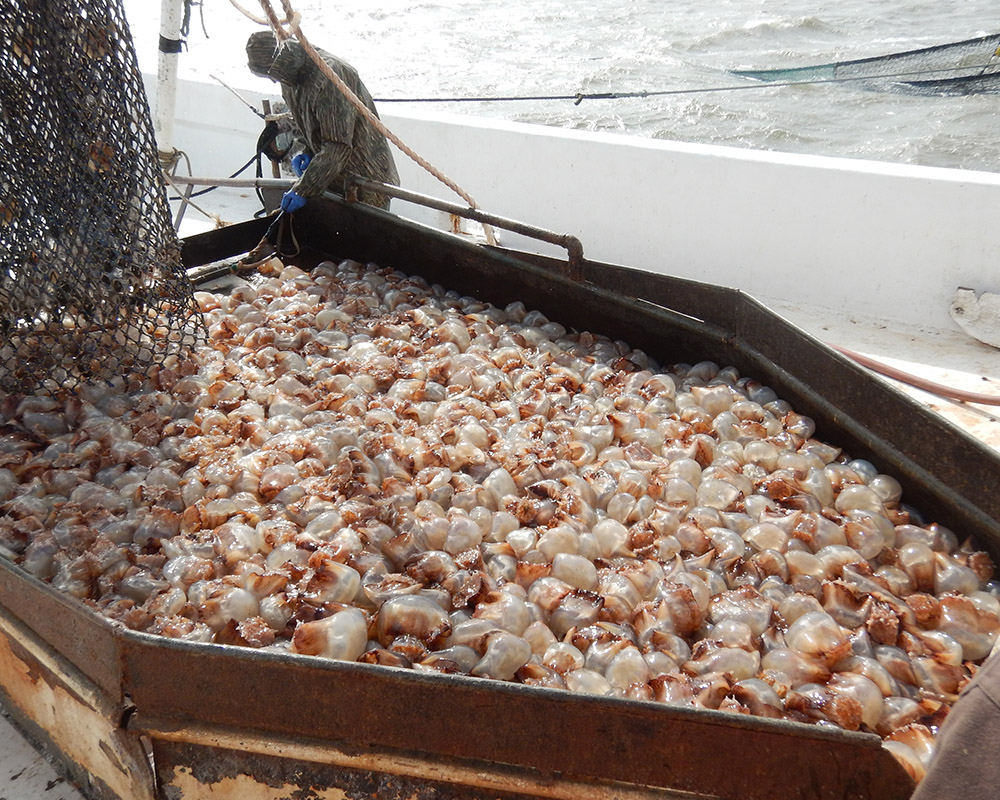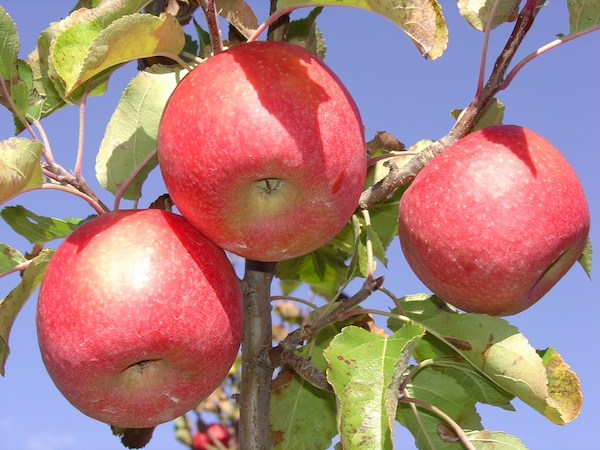 CAES News
CAES News
Arbor Day
Nationally, Americans recognize Arbor Day in April. However, Georgia celebrates Arbor Day on the third Friday of February each year because this is a better time to plant trees, giving roots time to grow before the heat and drought of our summer months.

